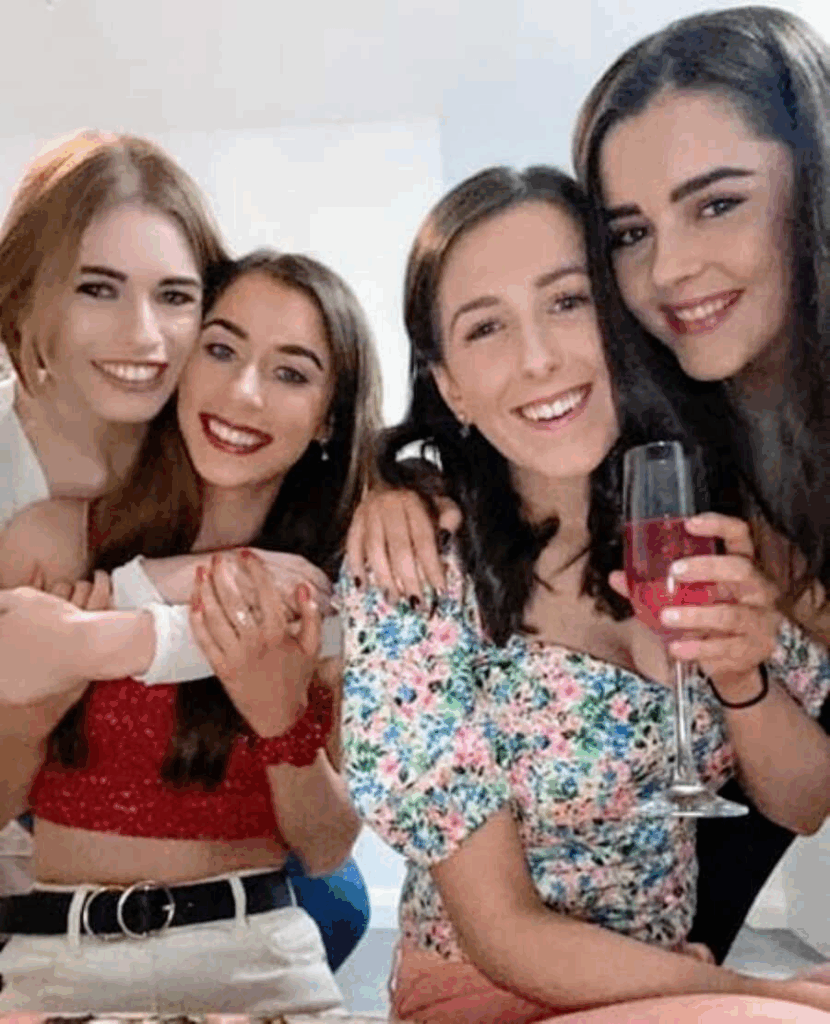She hasn’t “failed and started over”; she’s choosing herself, again and again, until freedom sticks. She grew up caring too much about what people thought. University felt like freedom, a new city, her dream course in primary teaching, and a fresh apartment where her childhood best friend lived too. The first months were golden: friends, good grades, late nights out, and a Christmas trip to Disneyland Paris with her family. She didn’t know it would be the last time life felt simple.
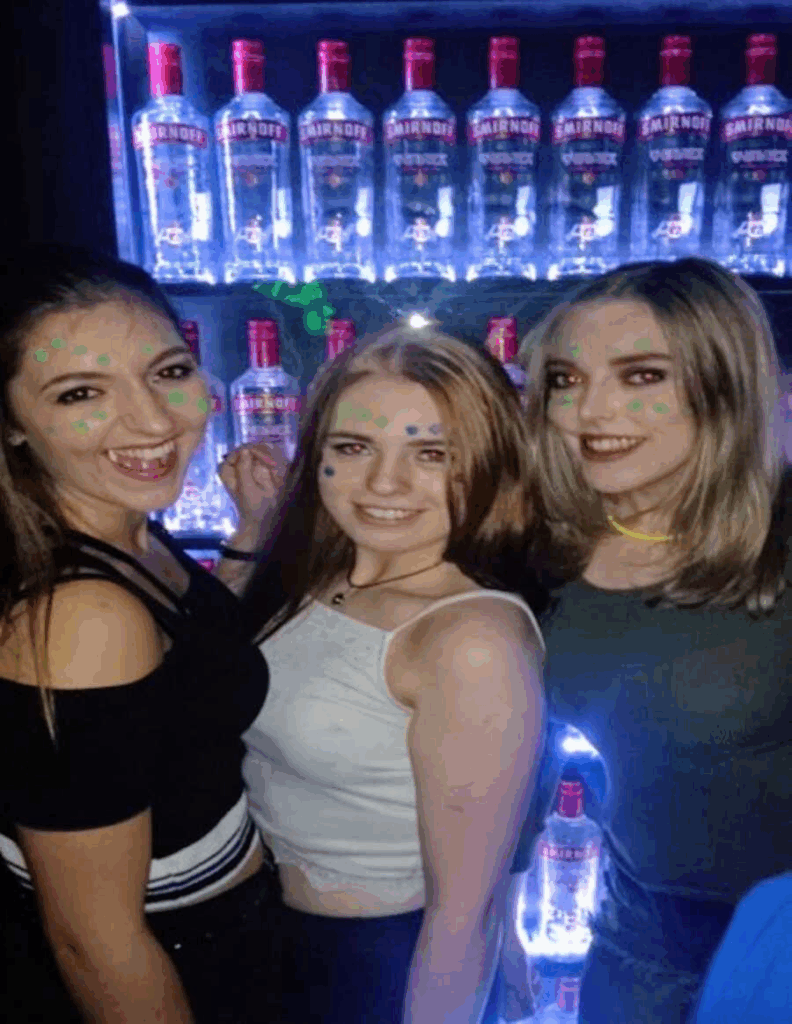
After Christmas, the pressure kicked in. Teaching placement loomed, and her mind filled with doubts. What if she wasn’t good enough? Lesson plans and worksheets swallowed her days. Meals slipped to the margins: marking instead of lunch, crafting resources instead of breakfast, a tiny dinner to get back to planning. The weight fell off, and praise poured in. “You look amazing.” “What’s your secret?” She had always felt like the “chubby, awkward one,” so the attention felt like proof she finally belonged.

Placement ended with glowing reports, but normal never returned. Food became a constant mental loop, what, when, and how much, until it crowded out everything else. Her energy dropped, her focus frayed, nights out disappeared, and grades slid. Weekends at home brought forced smiles and staged meals to calm her parents, then a week of restriction to “make up for it.” She lived two lives and felt herself shrinking in both. By exams, she was hanging by a thread, hair coming out, dizzy spells, and tears on standby. Summer at home was meant to fix things, but the fear of eating had its own gravity.
One night, she overheard her parents wondering if this was attention-seeking. The words cut deep. Soon after, standing at the mirror before work, she broke. When her mom met her at the door and asked what was wrong, she could only say, “I can’t do this anymore.” Within minutes, they were at the GP.
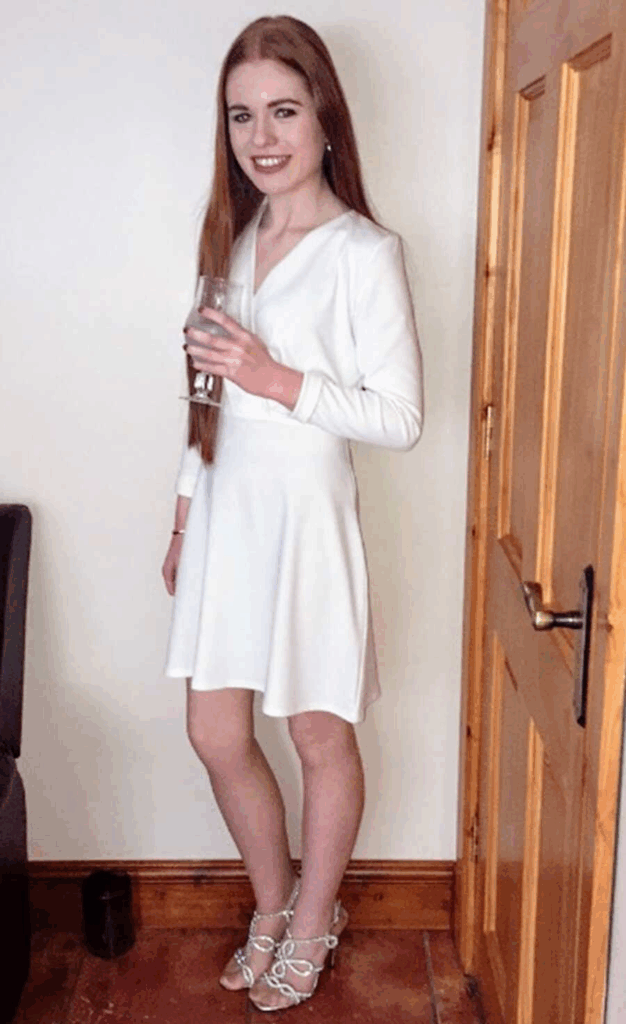
The waiting list for eating disorder services was long. A family holiday was already booked; she begged to skip it, but went anyway. Portugal was two weeks of aching bones and hidden meals. One brave night, she ordered chips and a Smirnoff Ice, and her parents lit up with hope. The next morning, the guilt roared back, and the rest of the trip folded under it until a call came: a cancellation and an assessment next week. She said yes.
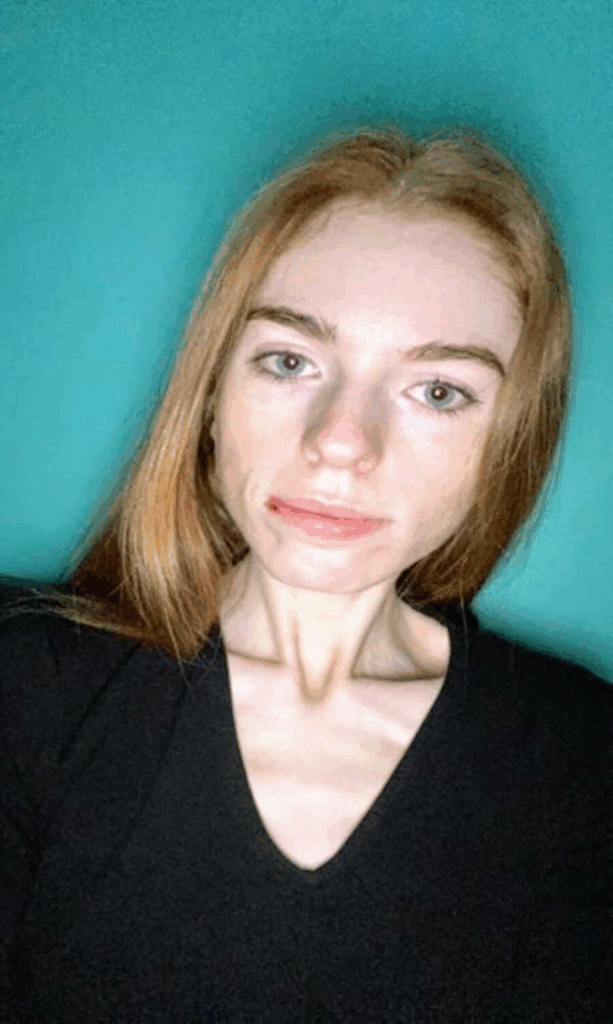
Recovery wasn’t a straight line. Over four years of treatment, part of her wanted help; another part clung to the false calm of starving. She left university for a year, her team warning that inpatient care might be next. A tour of the ward, constant supervision, timed showers, no phone, jolted her. She begged to try at home, and the team agreed. That became a turning point. She followed meal plans, restored weight, and watched fear fade from her family’s faces. Inside, the thoughts still screamed, but with every challenge, one feared food, one snack, one meal, the voice softened a little. She returned to university, kept going through dips and dark days, was diagnosed with depression, and started medication. In 2021, she graduated with a 2:1 in primary teaching. She took a job in London and moved, determined to live.

On the outside, it looked like she was. She worked, went out, ate with friends, carefully coordinated to keep the rules in her head satisfied. Stress crept back in by autumn. After Christmas, she tried to reset, then got COVID and spiraled. The old cycle snapped shut: early alarms, long school days, walks to and from work, skipped meals explained away by busyness. Friends worried; she smiled and carried on until she couldn’t. In February 2022, an assessment in London showed how serious things were. They wanted to admit her immediately. The thought of being hospitalized alone in a new city terrified her. Her mom had flown in, and as they waited for the ride home, she finally said what she needed: “I want to go home.”
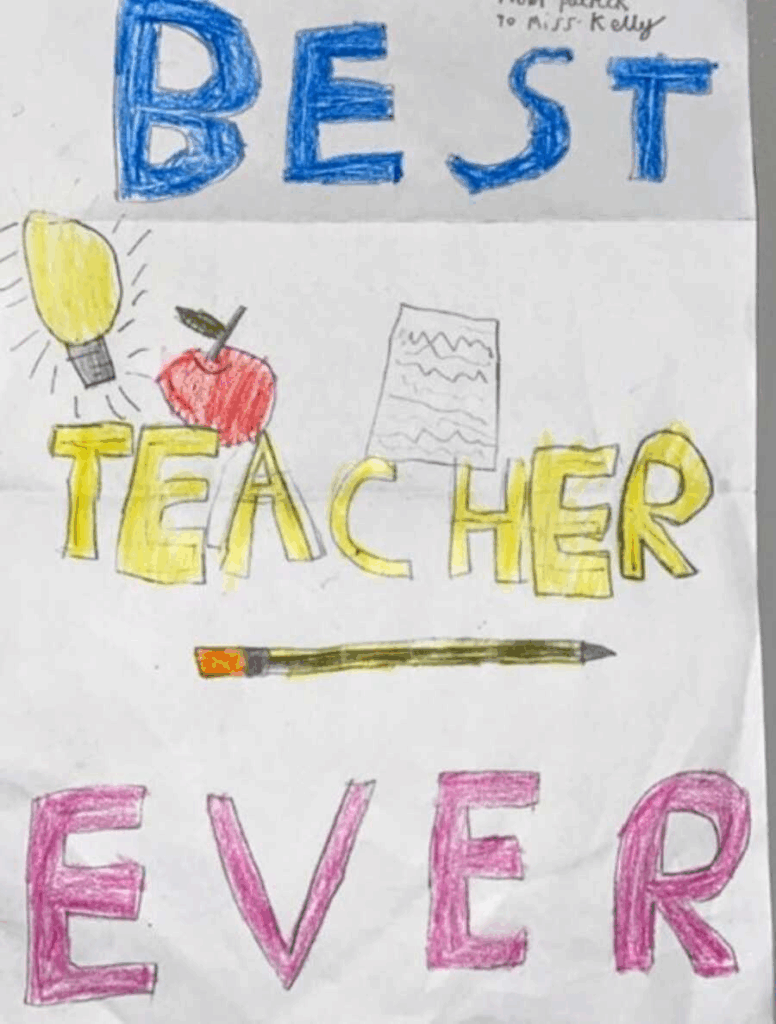
Within a day, she was on a plane, life packed into three suitcases, and she had no chance to say goodbye to her class. It hurt, but it probably saved her. Back home came blood tests, ECGs, urgent referrals, and the same old shame that whispered she’d “failed.” This time, she chose differently. She was done letting the illness write her story. She was 24 and wanted her life back, fully. She shares her story for anyone who’s tried before and needs help again. You aren’t a failure. You aren’t alone. Recovery can start over ten minutes from now, tomorrow morning, or next week. Ask again. Try again. Keep the door open for yourself.
